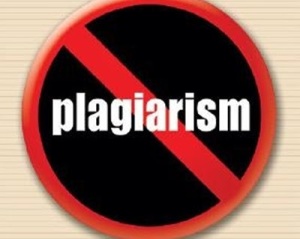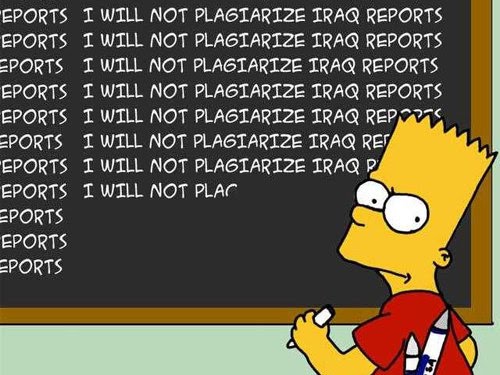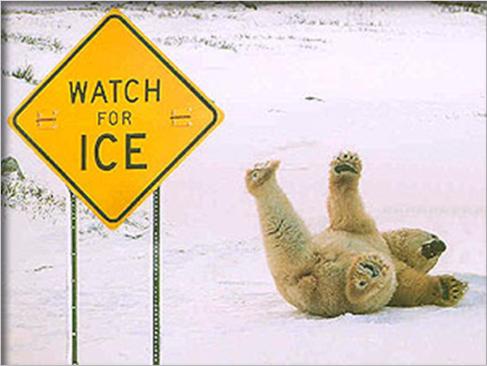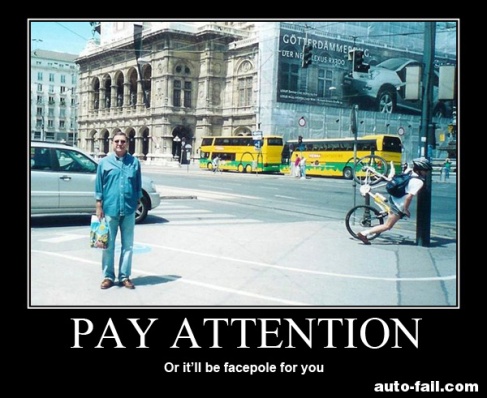
When a new semester begins, every class starts out the same. The professor hands out the syllabus, you get an idea of what the class will be like and you see what textbooks are required. But, there is one section on the syllabus, which shows up every time, and it has to do with plagiarism. Now, at this point, after seeing this so many times and having teachers drill into our heads that plagiarism is completely unacceptable, I admit that I usually skip over this section. But, that is not to say that plagiarism is not important – in fact, it is probably the number one no-no of writing. It is not coincidental that it appears on all of the syllabi.
So, after seeing and hearing about it so much, I would like to think that I have a pretty good idea of what constitutes plagiarism. However, in certain cases, there can be a pretty fine line between whether or not a work needs to be attributed; which is what the Lakeland Ledger Report comments on. In the end though, the main question you need to ask yourself after writing any story or article is, is this my work? Did I actually come up with the idea, structure, and wording of the story? And if I used anyone else’s ideas or words, did I correctly attribute it to them? 
It honestly blows my mind how many people are willing to and do plagiarize. I understand that some people might be busy and want to take the easy shortcut of taking someone else’s work, but it all goes back to a simple saying which I’m sure all of us learned at a young age – treat people the way you would want to be treated. If you wrote a story, you would not want someone to take it and present it as their own, so why would you do that to someone else? As Lori mentioned in class, when someone plagiarizes your work, it honestly feels like you have been violated; and no one (at least, I think) wants to feel that way.
I do believe that “accidental” plagiarism does happen more often than people think though, which goes against the Ledger’s committee report. When researching tons of different sources for hours and hours to write an article or story, there is a lot of information being processed, and sometimes things can get a little blurry. You might be writing all original material with no outside influences (or so you think), but then you find out later that some of the ideas you had researched before, sort of came through in your writing sub-consciously. When that occurs, it becomes a very tough situation to figure out, and that is when plagiarism becomes more of a gray area. Also, sometimes it can just be as simple as being really busy and flat-out forgetting to attribute something, which was the case with Matt Refghi. In his blog he talks about a simple mistake (forgetting to re-write a few sentences) and how it led to him being accused of plagiarism and getting a zero percent on his paper. When I read about cases like these, I can relate to it because I know how busy and stressful college can be, so I do feel some sympathy for the condemned “plagiarizer”. At times, it really can come down to an honest mistake.
But, in the end, it seems pretty obvious to me – DON’T PLAGIARIZE. And if you think you might be plagiarizing, then play it safe and cite the source. There is never any harm in playing it safe.









